Life is expensive!
Statistics in both USA & Canada show that food-at-home prices increased from December 2021 to December 2022 by 11-12% — the fastest pace of increase in 40 years. Energy, shelter, transportation, and durable goods have all also significantly increased in price.
We’ve always advocated around here for thoughtful shopping, the power of purchasing, and being aware of how we spend our money. Do my purchases reflect my values? Is this the way I want to actually spend my money? etc.
In this moment of inflation and maybe financial strain, I want to revisit a runaway category of spending and how we might (if desired) reign it all in.

“Lifestyle creep” is a concept that essentially means: spending more & more of your surplus cash flow. Investopedia describes it this way:
“A situation where people's lifestyle or standard of living improves as their discretionary income rises either through an increase in income or decrease in costs. As lifestyle creep occurs, and more money is spent on lifestyle, former luxuries are now considered necessities."
“Creep” is a perfect term, because it can be slow, innocuous, and simple, but challenging to return from.
If your lifestyle spending has crept up over the years, you might be finding that now the expense is more noticeable… and, perhaps, problematic. Here are some ways to enact a sort of “Lifestyle Creep Reset” to your everyday spending.
A side note:
Tactics to help you to reset your spending on extras
Here are the concepts, then below is an example of how this might look with different coffee. (Apply instead to restaurants, clothing, vacations, anything that might apply and could be helpful)
- Hard Stop / Firm Rule
- Just how it sounds... complete pullback, zero spending
- Timeline / Date Boundary
- Set a "rule", but within a timeline that makes it easier to revisit.
- Give the Money a Job
- Assign a specific role for, or reallocate how you would prefer using, the money
- Moderate
- No set rules, just a desire and a commitment to spend less
- Envelope method
- Few people use actual cash anymore, but this is allotting your actual held money to different categories, then using it until it is gone from the "envelope"
How does it look:
Example: Your fave coffee is now $6, and you don’t actually want to (or can’t!) spend $2000/year for that daily brew. Some different ways to tackle it:
- Hard Stop
- I'm not buying coffee out anymore.
- (Honestly, this seems the least sustainable — to me. But, maybe if you have great at-home supplies, or if you are a true "abstainer", this could work.)
- Timeline / Boundaries
- During the month of March (or for Q2, or "until spring break", etc.), I will not buy coffee out; then, I'll revisit.
- I will only buy coffees on weekdays (or, on weekends)
- I will only buy a coffee if I'm going with a friend
- These boundaries are easier to maintain than "if I really need it", or 3 times/week — much less guesswork and mental effort
- Give the Money a Job
- I was buying 5 coffees/week. In 4 months, I will instead set that $500 aside for our Christmas budget; to donate to a charity I want to support; to pay my electric bill in advance; to pay for summer camp, etc.
- Moderate
- I need to pay for coffee less frequently to save money
- Envelope method
- I have $50 this month to buy coffees (no top-ups)
Your vision of financial freedom may mean: not sweating any of this! But, we can all use a reset sometimes to assess our choices and whether they align with our whole lives and ultimate desires. I hope this can be helpful!



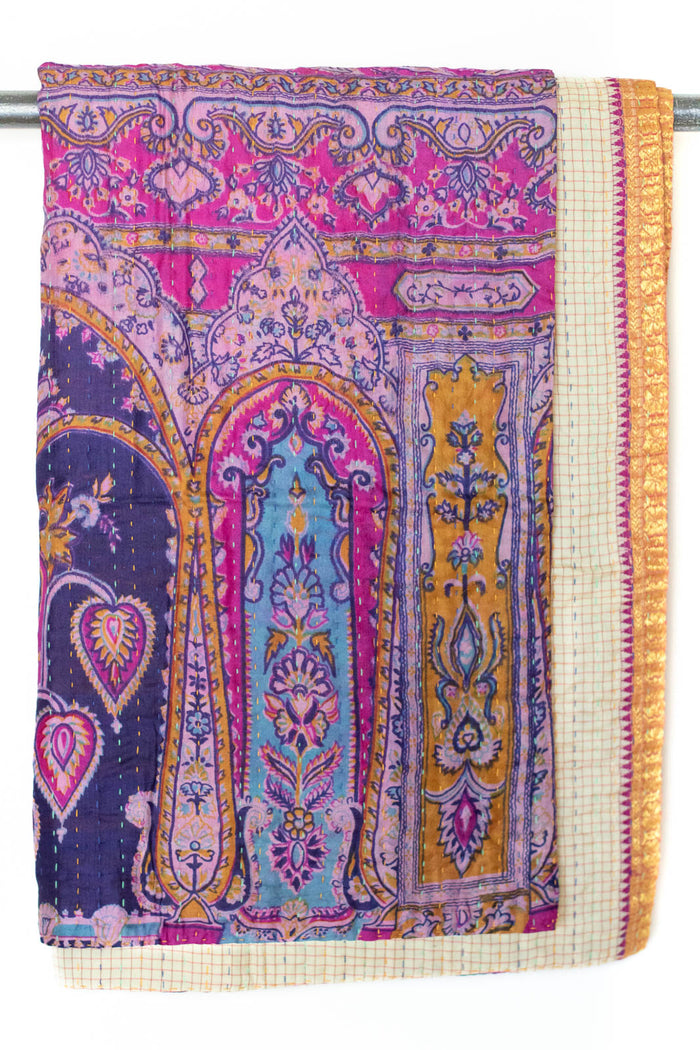
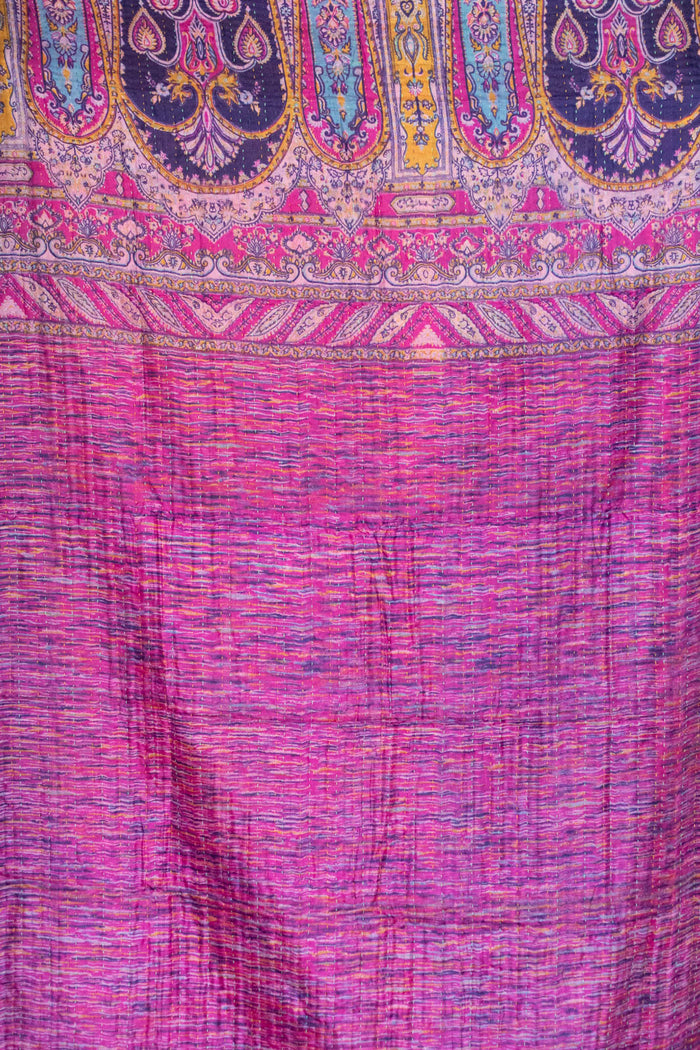
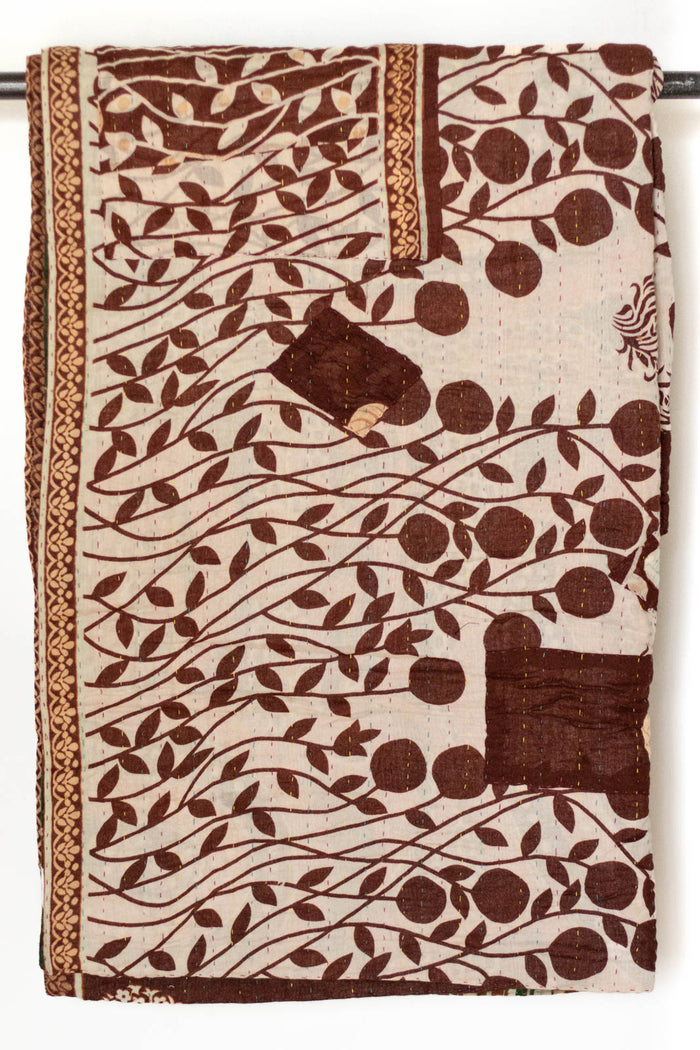
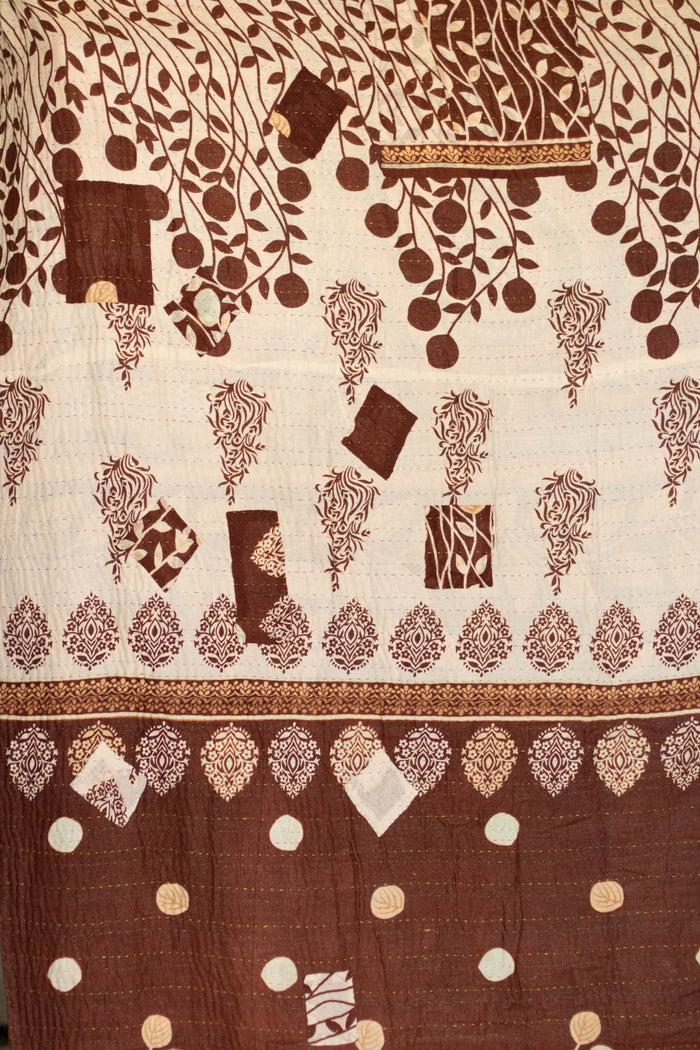
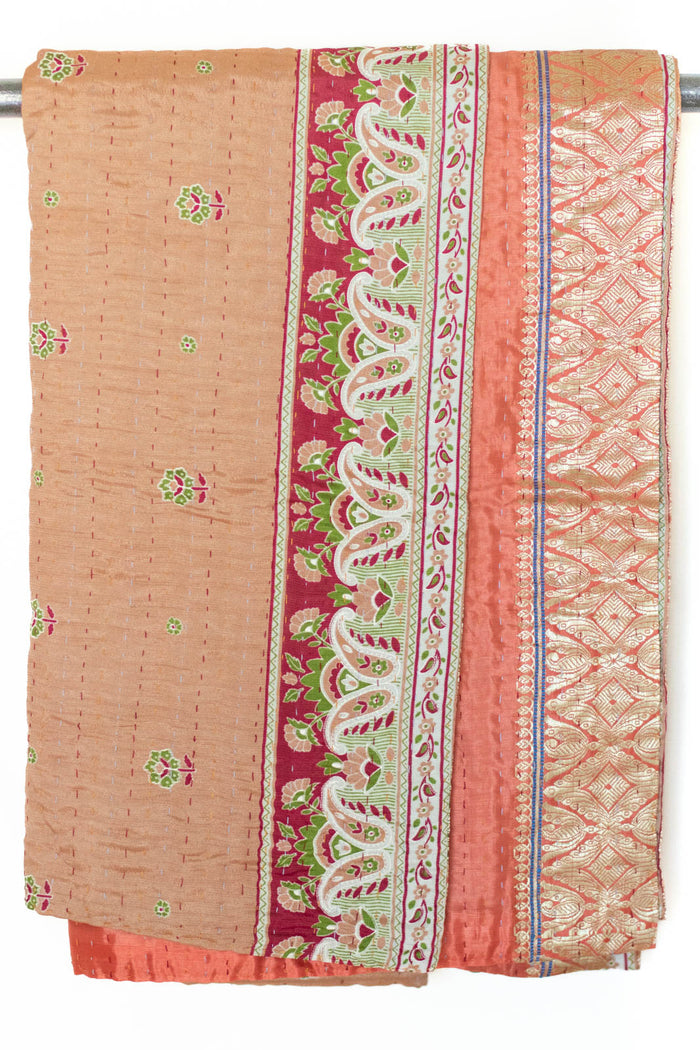
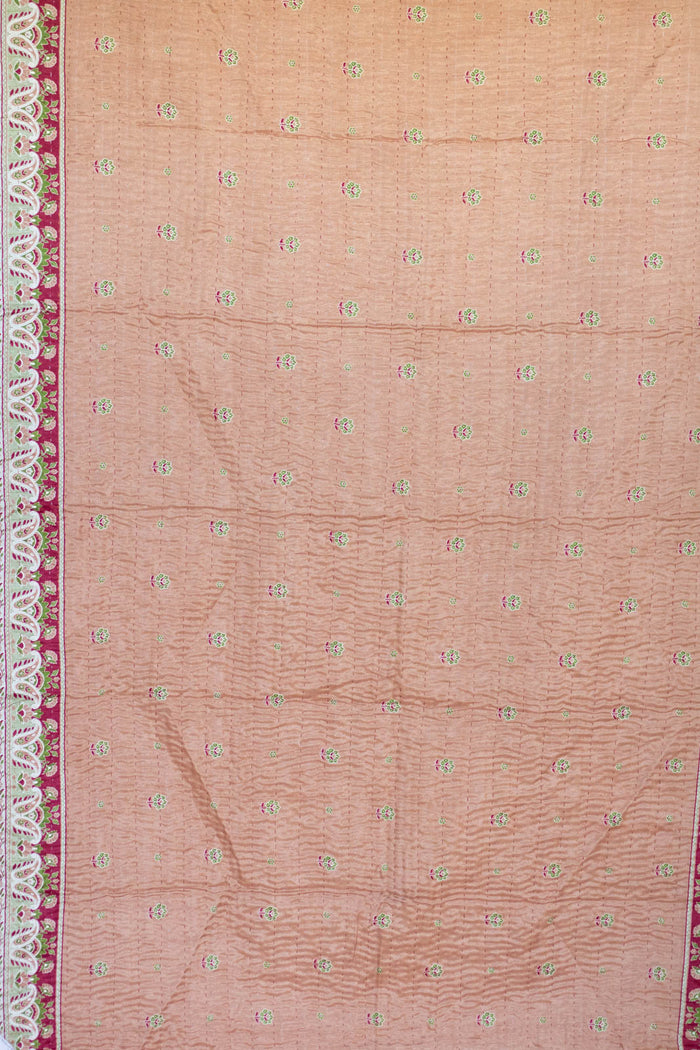
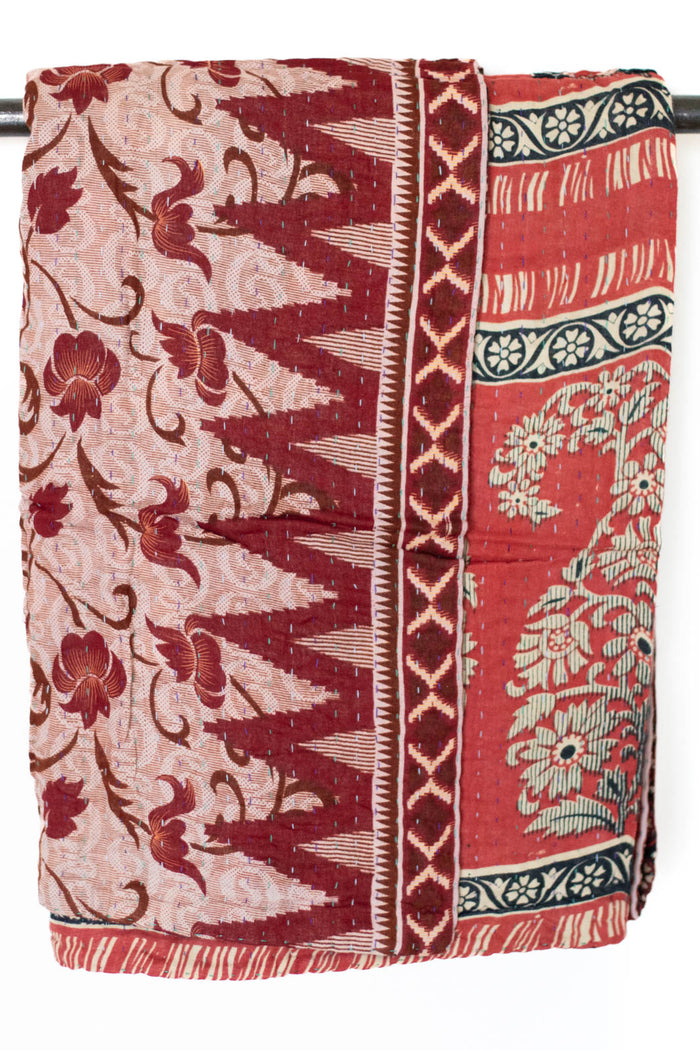
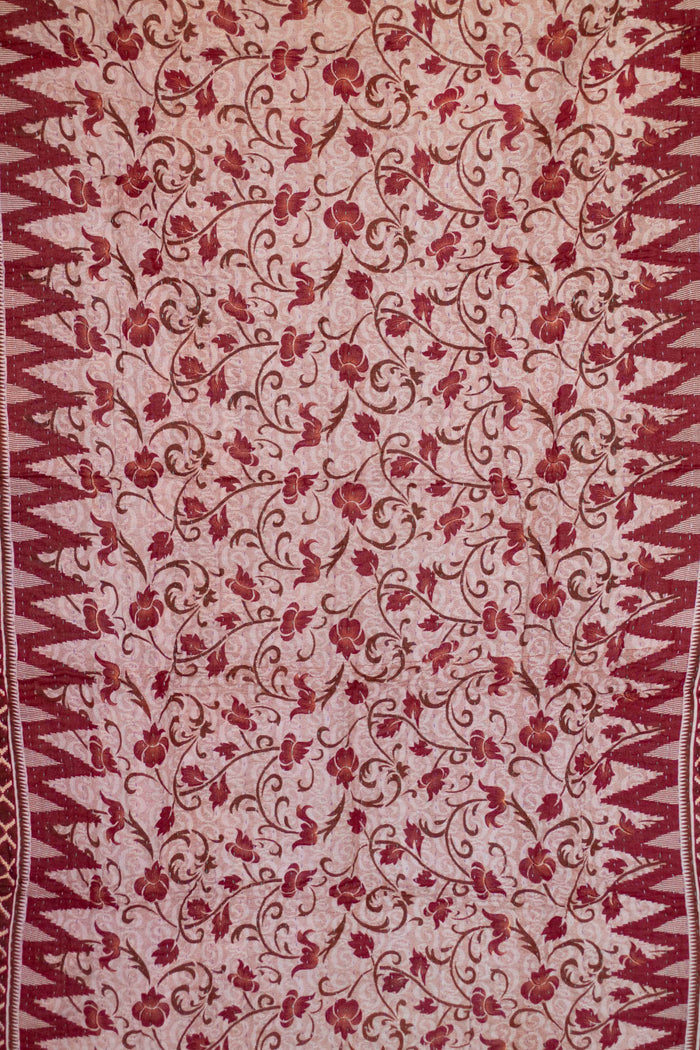
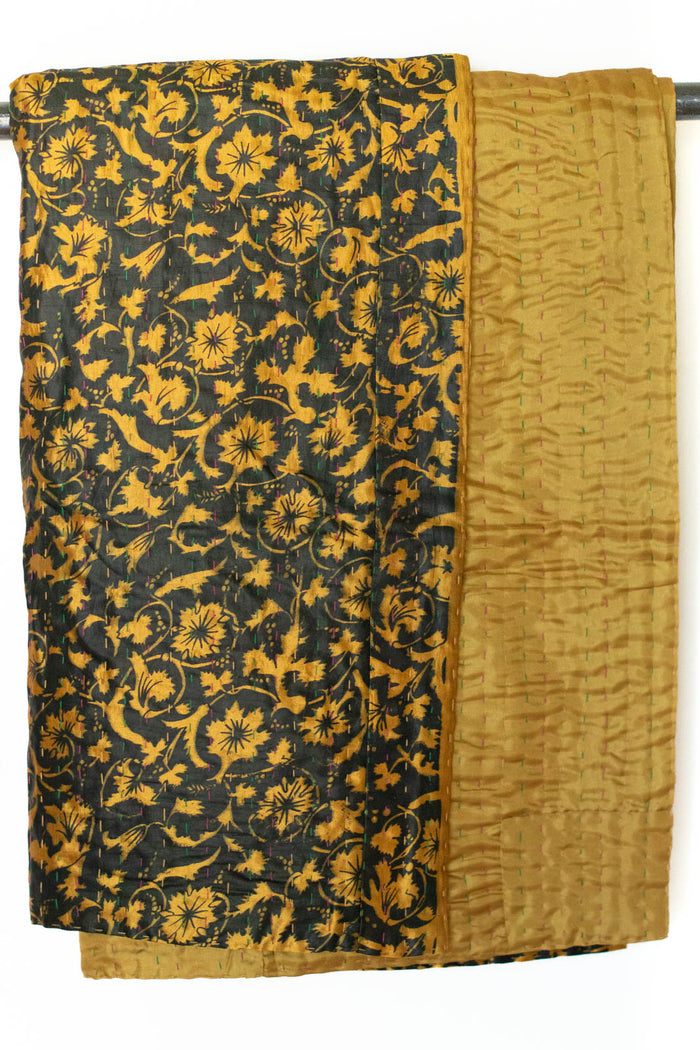
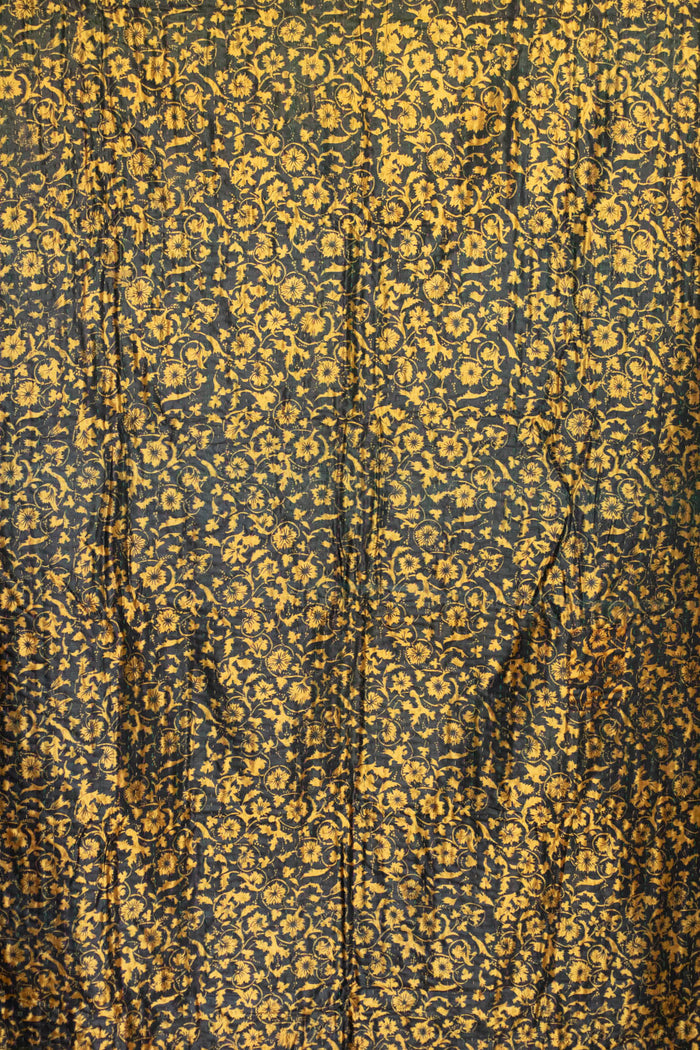
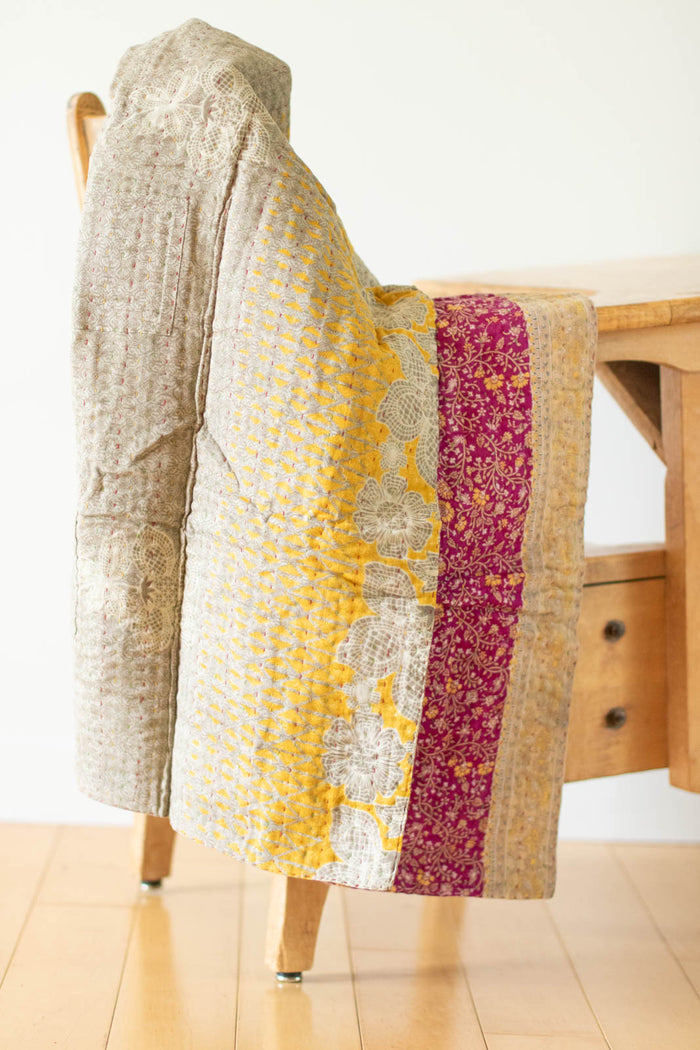
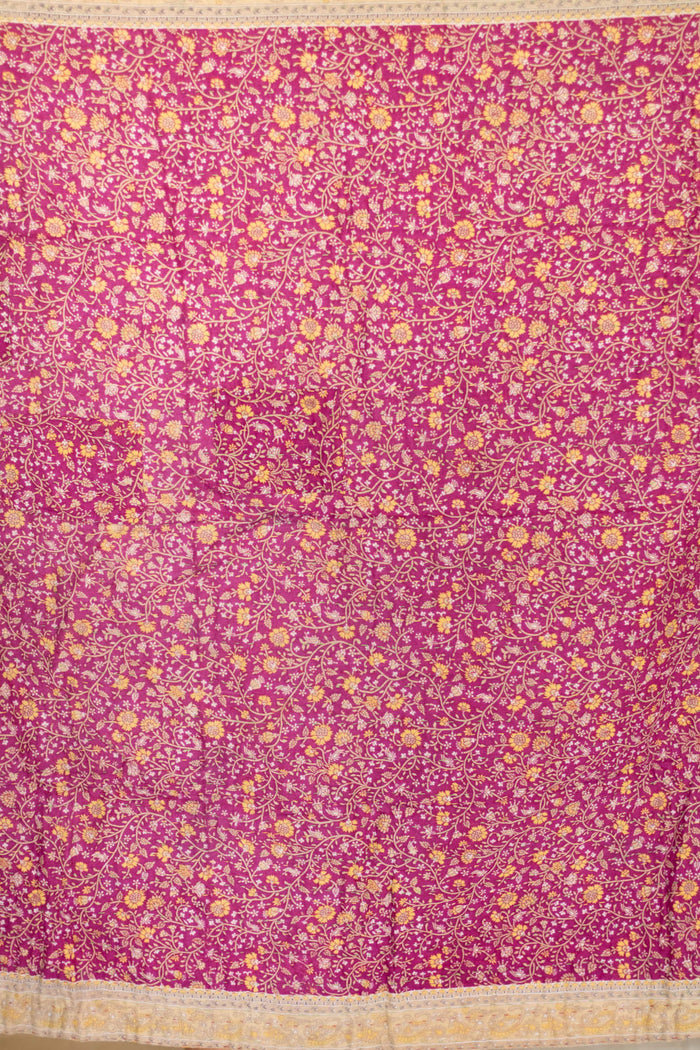
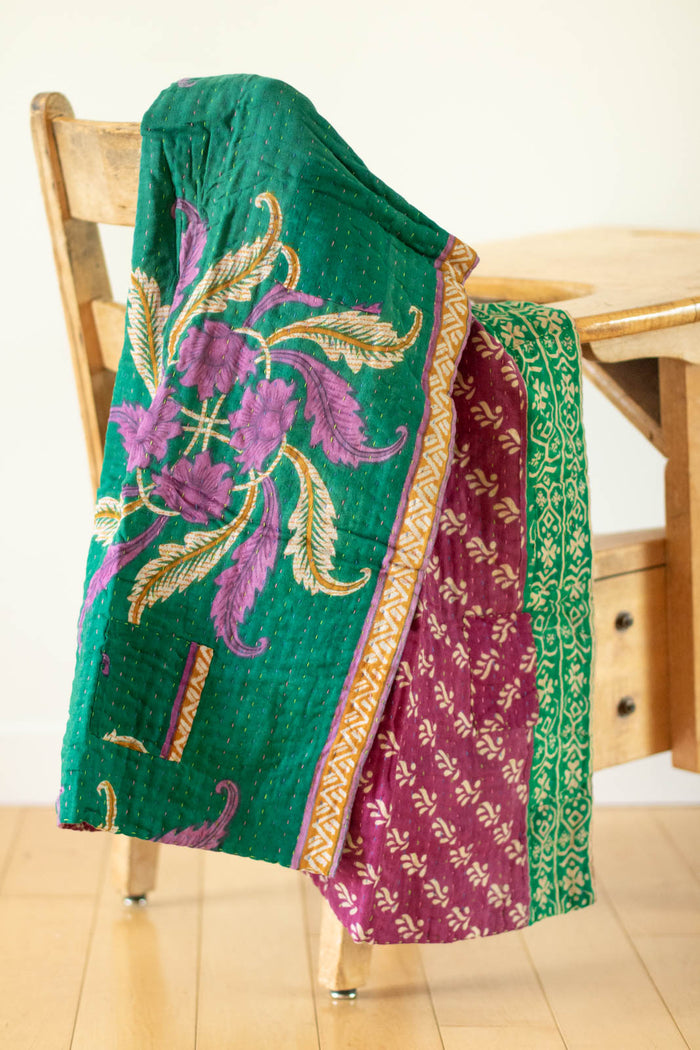
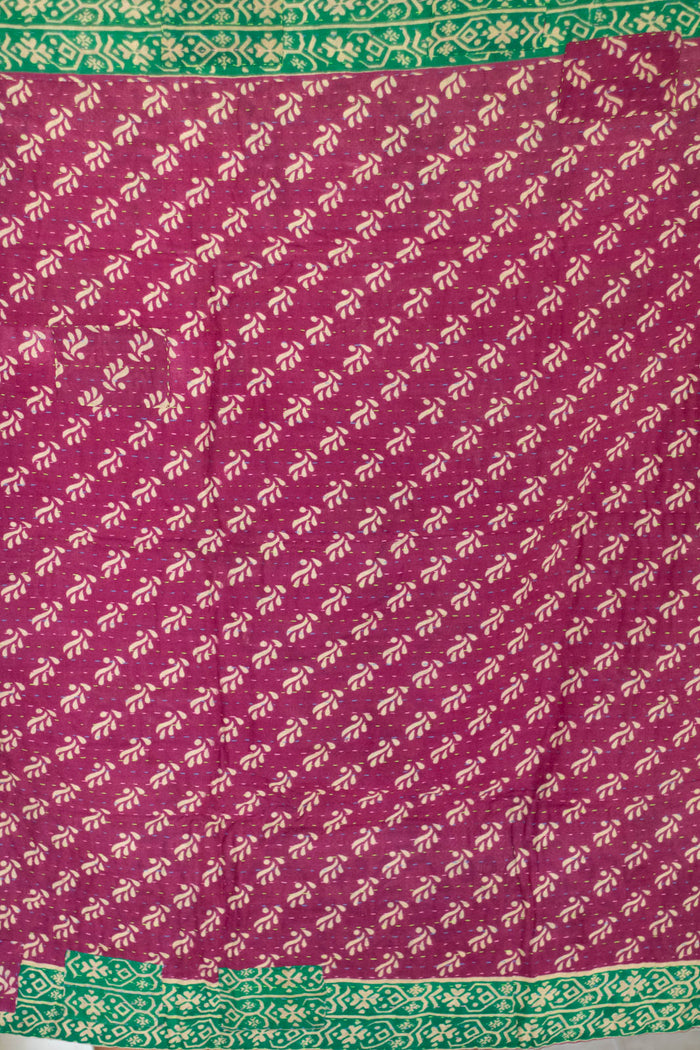
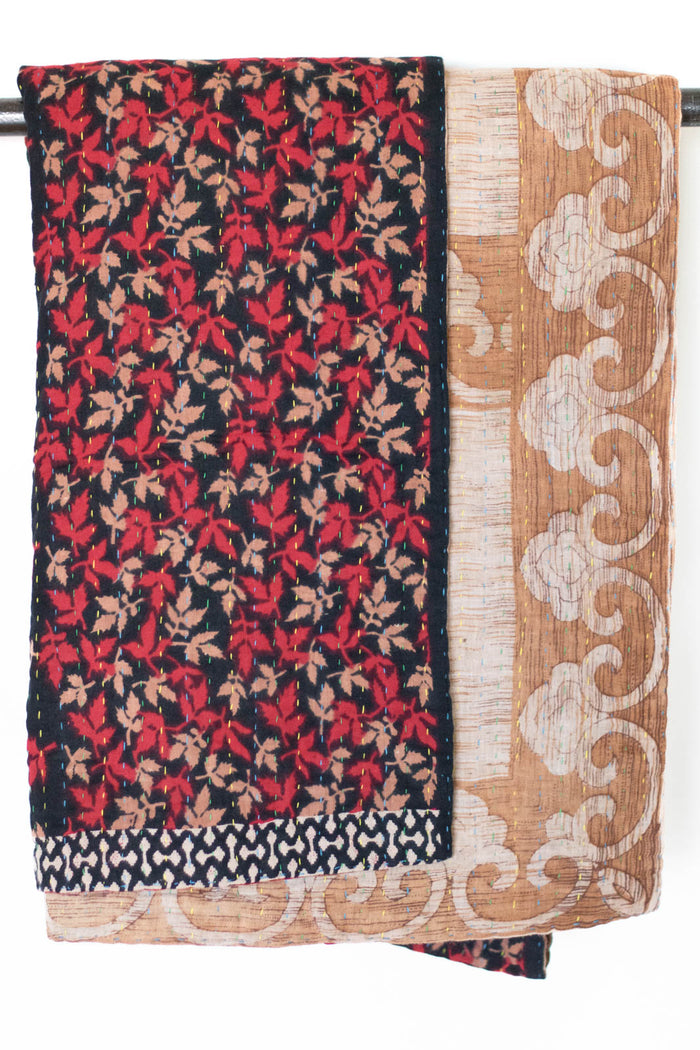
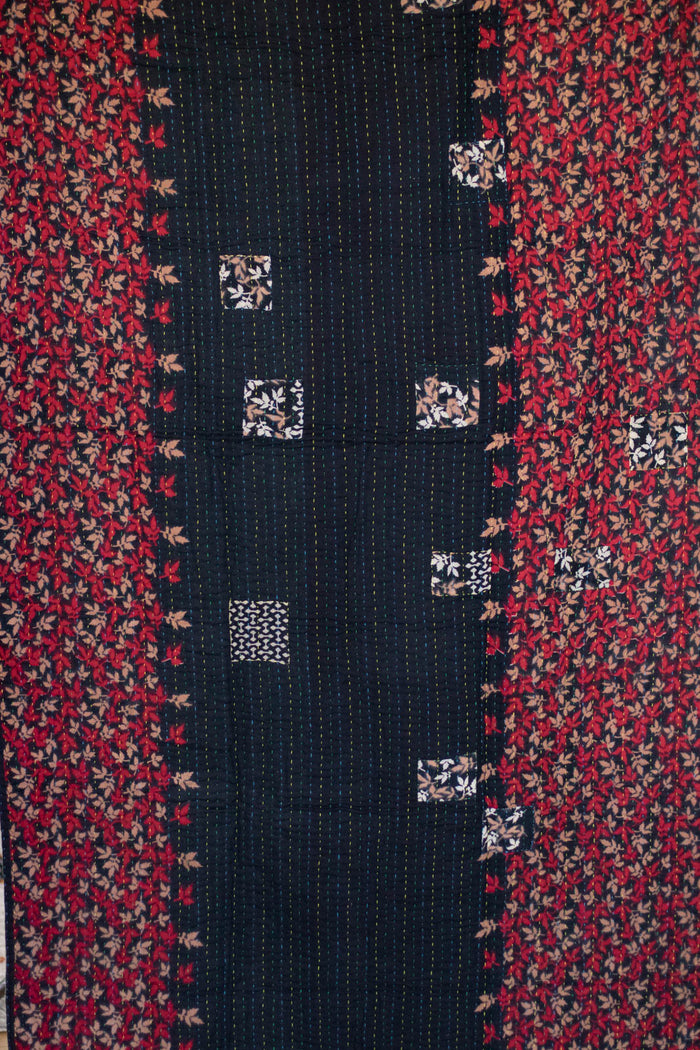
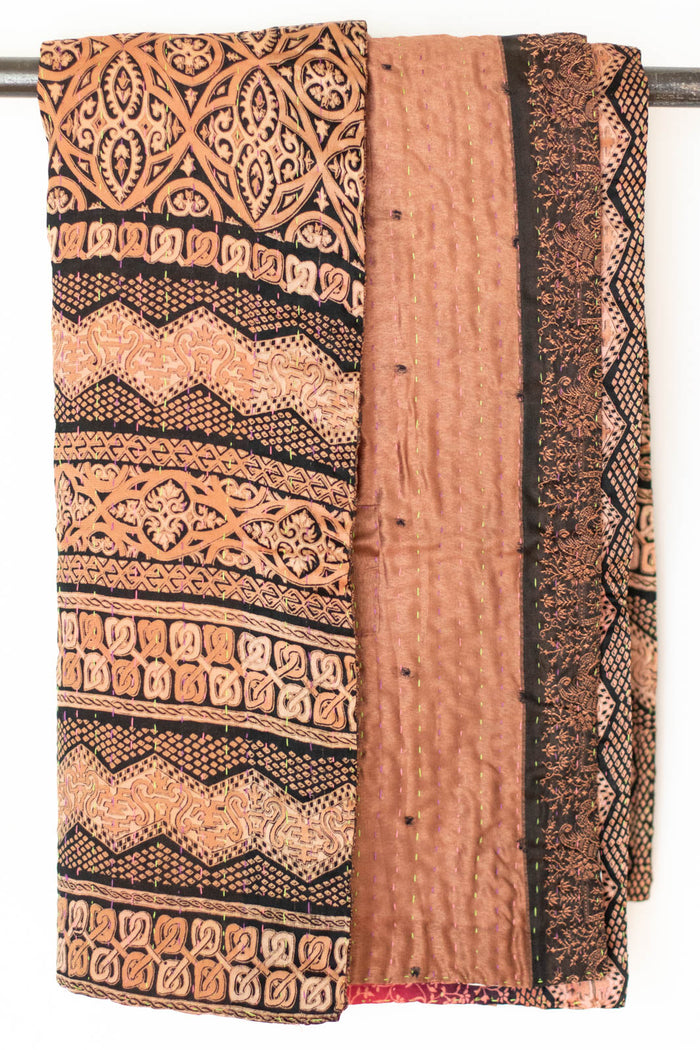
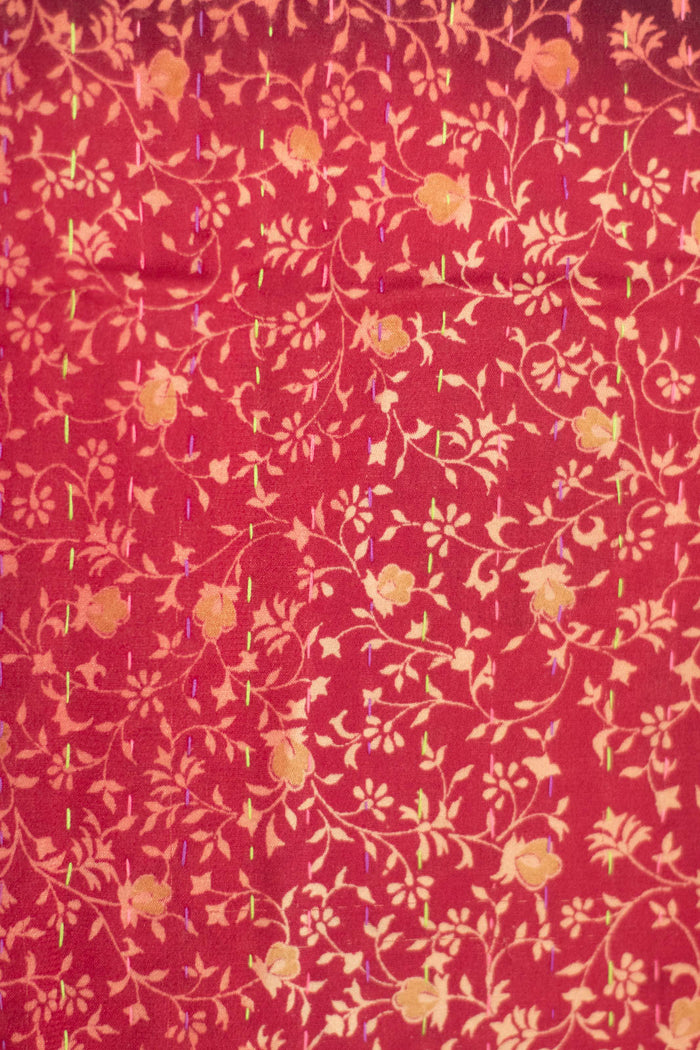
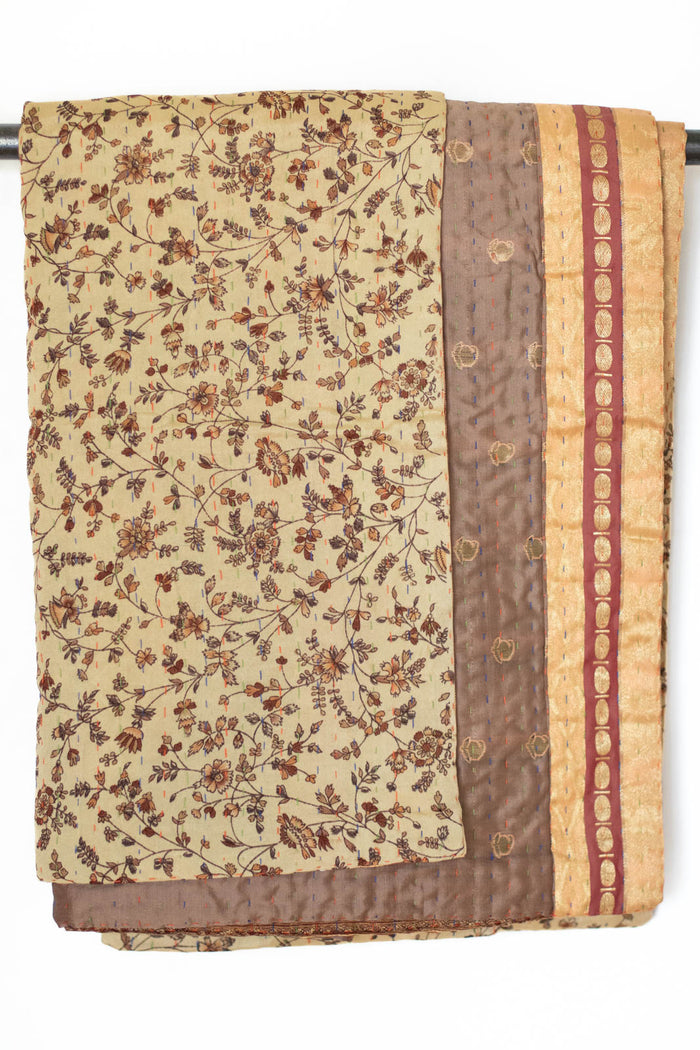
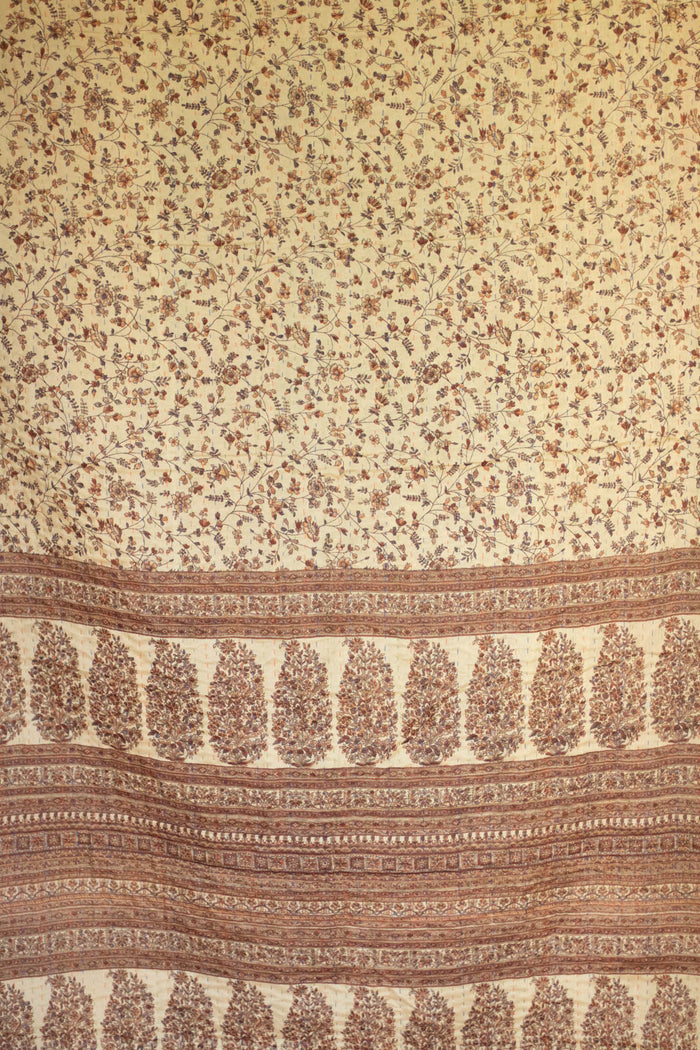
4 comments
Leave a commentI was a buy a cup a day woman… until the owner of the place I went segued into more and more offensive-to me- comments. That coupled with finding out my husband made a fabulous cappuccino, investing in a couple of go cups, some great coffee beans, and Voilà, hardly anymore bought coffee, nor listening to the … well you get the idea.
This was suchhhh a great article!!! Loved it!
Inverse always been an on/off person. Now that I have a name for it, I can be a happy abstainer.
This was an outstanding read